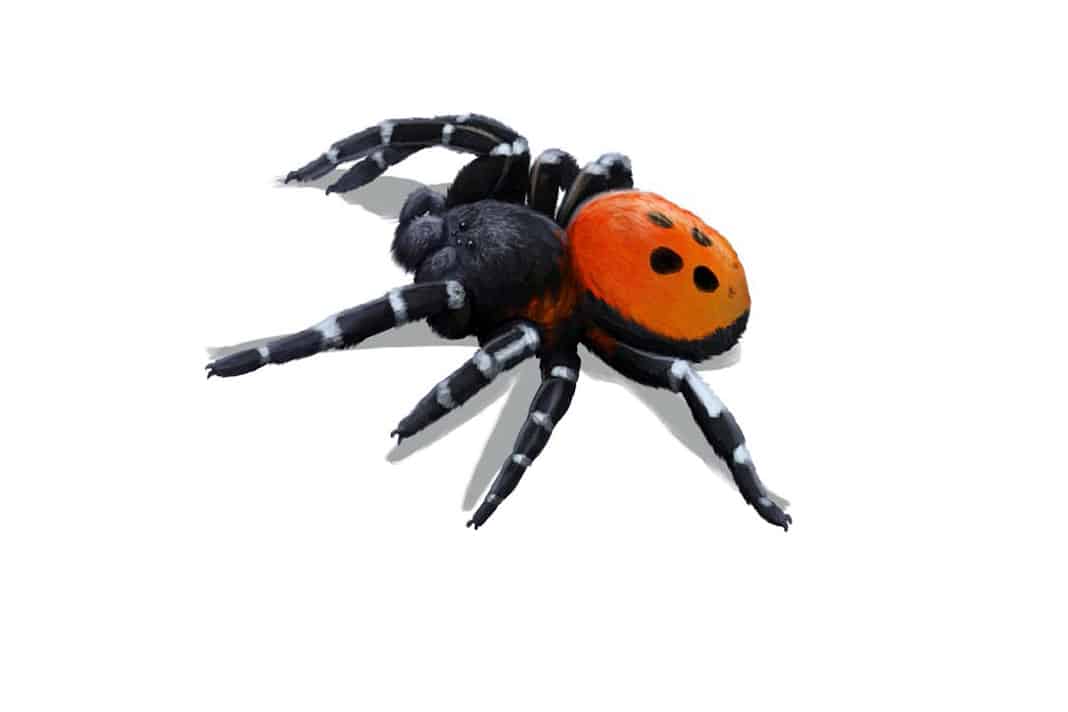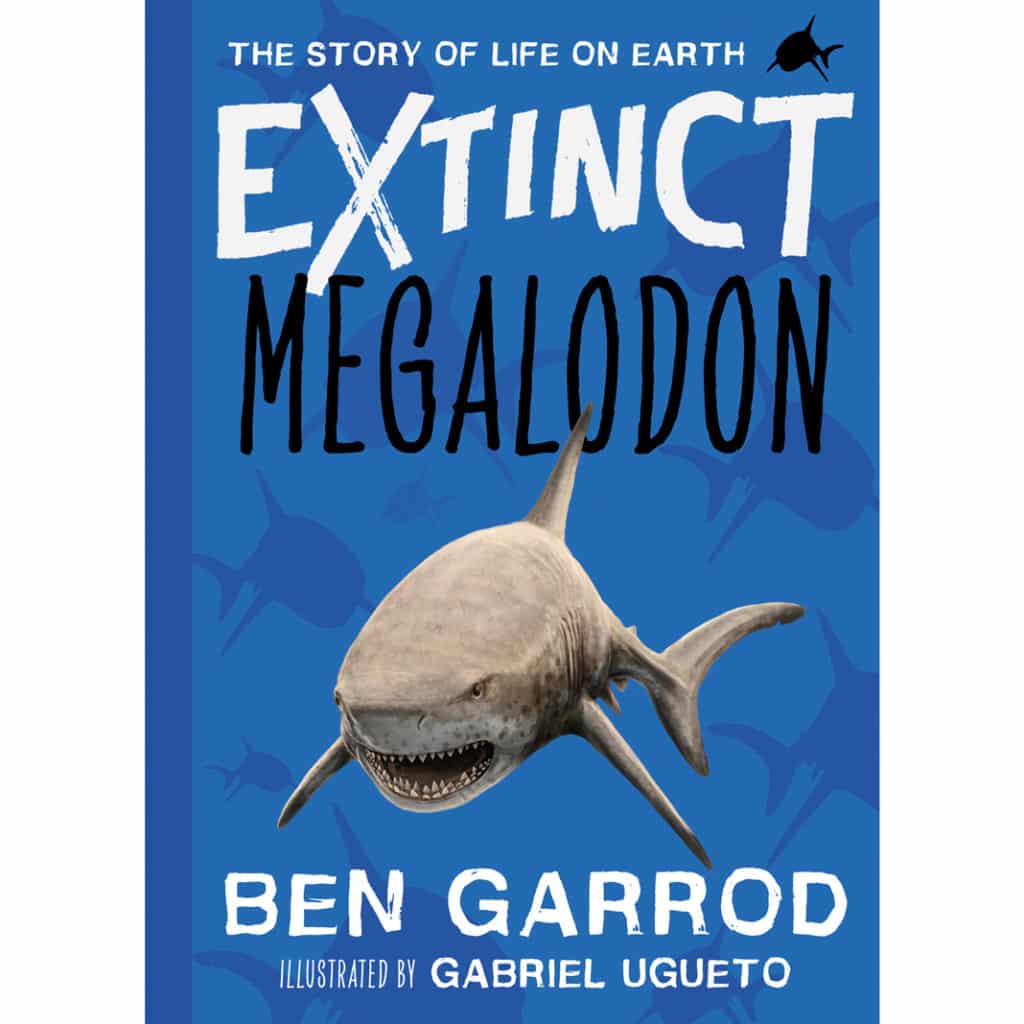Evolutionary Biologist, TV presenter and author Ben Garrod talks about inspiring schooldays in Norfolk, his passion for science and some memorable close encounters with the animal kingdom
Where did you go to school and when?
I grew up in Great Yarmouth. My schools were all in or around the town, and I either walked or got the bus to them.
What were your school/s like?
One school in particular was very cool. It was next to our local church and was an old monastery. In the wall of our playground were fossils, and because we overlooked the graveyard, I often used to watch birds and other animals while I was in my classes.
Did you love school or hate it?
I loved school. I got to see my friends, I liked most of the teachers, and I enjoyed nearly all of the subjects. I was also aware from an early age that for the sort of job I wanted, I really needed to do well.

What were your favourite subjects / activities there?
I really liked Science, but that might seem a bit obvious. But maybe less obviously, I loved English (and especially creative writing), History and Geography – they all focus on the stories we can tell.
Who were your favourite teachers and how did they influence you?
I was lucky enough to have quite a few great teachers who helped inspire my love of learning and the ability to constantly ask questions. I have to say that there was never anyone in particular who made me fall in love with science, but I think that’s sadly because of the way we often teach it in schools.
Where were your favourite places at school and what did you do there?
It was always either on the edges of the school field, where the ‘nature’ started, and where I’d find insects and different animals. Or maybe it was in the ancient assembly hall of my middle school, which always made me think I was inside the body of a huge whale and that the rafters high above me were the ribs.
What beliefs did your time at school instil in you?
I think school helped me to work hard and to think about my goals. It made me realise that, if you have long-term plans for the work you want to do, then it can be a long journey and that you might need to start early. It also helped me understand that you don’t always need to be the very best at something in order to make it work. I was never the best science student but that never stopped me becoming a biology professor.
“The dead shark was about as long as me and very fresh. I tossed it over my shoulder and ran the rest of my cross-country run with it on my shoulder”
What was your proudest school moment?
Well, in high school, I was out on a cross-country run. It was early in the year and very cold. We used to run on the beach, and we were halfway through when I spotted a dead shark had washed up. It was very fresh and about as long as me. I wanted to see what it was like inside, so tossed it over my shoulder and ran the rest of my run with a dead shark on my shoulder. I got back to school and headed straight to one of my science teachers. That was quite an important moment in my journey in becoming a scientist.
What was the most trouble you got into at school?
Remember that dead shark? Well, the teacher wasn’t as happy as I had thought they would be. It was an important lesson for me, in that, sometimes you might not make popular decisions and you need to be prepared to defend your actions.

Were you ever ‘too cool for school’?
What do you think? I went looking for fossils and picked up dead sharks during PE? I was a long, lonnnnng way from cool. But so what? If you go to school to be cool, then you’re kind of not getting the point. I may not have been the coolest, but now I get to work with wild animals, and dinosaur fossils, travel to amazing places, work with amazing people, write books, and make cool TV and radio programmes.
What is your most vivid school memory, looking back now?
Either the ‘shark in the PE lesson’ episode, or the first time I looked inside an owl pellet. One of my favourite teachers had brought in a few of these little round brown lumps and had explained they were the bits of animals the owl couldn’t digest and had sort of ‘sicked’ back up. There were so many bones, including skulls, from the mice, voles and shrews eaten by the owl. It was fascinating to treat this as a detective investigation.
When and how did your interest in biology and the natural world begin?
Way before school. I spent a lot of time with my grandparents when I was very young, and one granddad in particular took me to the beach a lot. We used to find feathers and bones and shells, and we’d try to identify them and think about why and how they ended up on the beach. These discoveries, and the stories behind them, definitely helped inspire me.
What other key influences / passions shaped you when you were growing up?
I have always loved reading and used to read and reread my animal books when I was little. I remember reading about all these incredible species and the amazing environments in which they lived, and I wanted to visit these places and see these animals for myself. I also loved watching wildlife documentaries and like many young readers now, I was inspired by David Attenborough documentaries.
What projects and challenges are coming up next for you?
Ha-ha, I’d love to tell you about some of my projects but, as ever, they’re pretty secret. But I can say there’s some really cool stuff coming up. My ‘Extinct’ series of books are still coming out, and I’m really excited to see what young readers think.
How would you sum up your school days in three words?
Happy, fun, inspiring.

Megladon, the sixth book in Ben Garrod’s Extinct: The Story of Life on Earth series, illustrated by Gabriel Ugueto, is published by Zephyr. £7.99. headofzeus.com
Further reading: Explorer and naturalist Dwayne Fields on schooldays in Jamaica and London
You may also like...

























